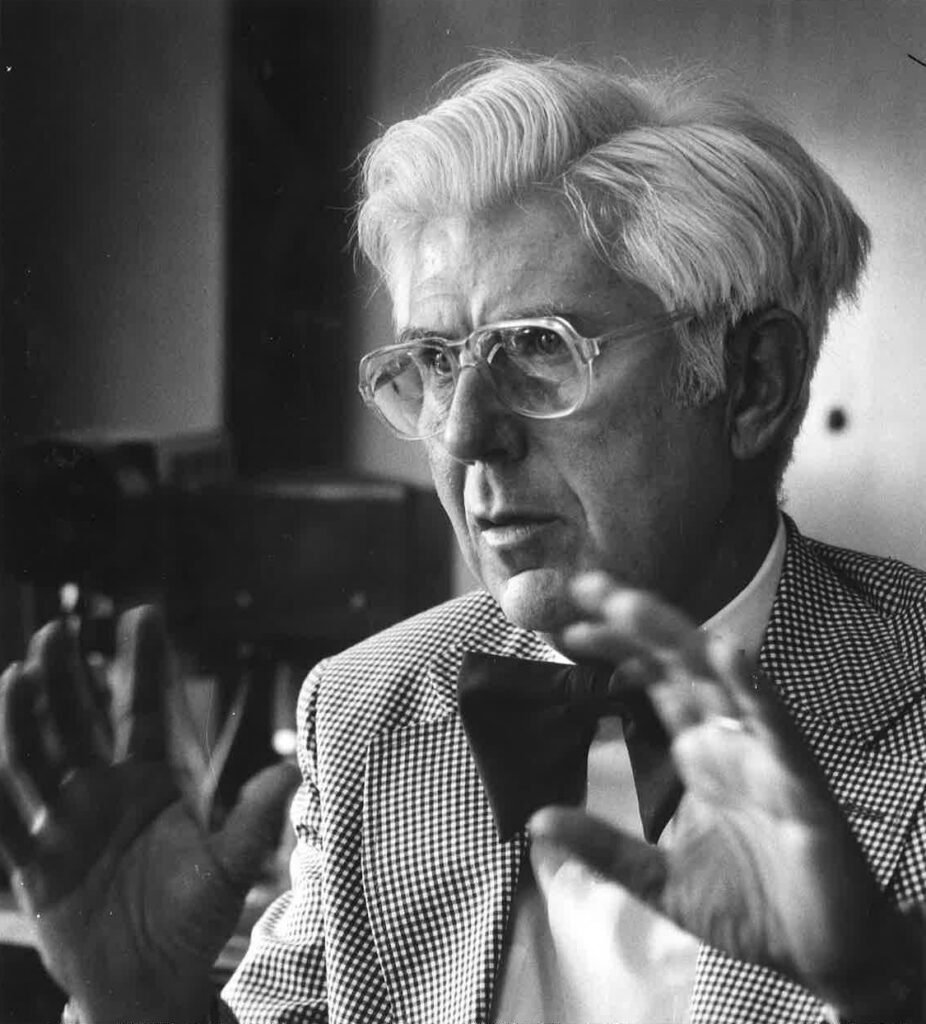Dr. Aaron T. Beck was not only a pioneer in mental health, but a dedicated mentor, a passionate advocate, and a sincere friend to many. As the anniversary of his birthday (and our first annual Aaron T. Beck Day celebration) approaches, we would like to share some messages from colleagues, friends, and supporters around the world. We hope you enjoy this glimpse into both his personal and professional legacies. And please join us on July 18 every year to honor Dr. Beck by doing something to improve mental health in your community.

Dr. Antonella Montano, a member of Beck Institute’s International Advisory Committee, describes Dr. Beck as a visionary scientist and “a great, kind, and compassionate person who leaves behind a heritage that will never disappear.” She writes that he is an inspiration for students and professionals in the field of mental health, and she is thankful for all he has taught her and for being an example of curiosity, passion, resilience, and wisdom.
Dr. David A. Clark wrote numerous books with Dr. Beck and was a close friend. He writes that:
“No words can express the enormous contribution Aaron T. Beck has made to our understanding and treatment of mental disorders. He is one of only a handful of pioneers who truly caused a paradigmatic shift in psychiatry and clinical psychology. But for me, Tim had a much more personal impact. My chance meeting with Tim Beck in 1983 was a life-changing event. It began with a most gracious invitation to spend some time at the Mood Clinic. Out of that invitation came many decades of collaboration which continued to his death. Tim provided me with so many opportunities for which I am truly grateful. All of the research, writing, teaching, and therapy I do is stamped with his incredible insights. I count it a great honor and privilege to have been the recipient of his wisdom, kindness, encouragement, and generosity. Tim Beck was truly an extraordinary man whose legacy will live on through the work at the Beck Institute as well as a countless number of clinical researchers and therapists.”
Dr. Norman Cotterell, Senior Clinician at Beck Institute, is grateful for what Dr. Beck provided to the world and taught to him since he arrived at the University of Pennsylvania in 1989. He recounts:
“[Dr. Beck] opened doors for me. He opened doors in developing an extraordinarily powerful model [the Cognitive Model] that has transformed and saved countless lives. He opened doors in spurring research that has enabled the field to grow in ways both evolutionary and revolutionary. And he opened doors of perception for me personally, enabling me to see more than what meets the eye, the depth that lies [beneath] the surface. I’ll forever treasure the hours we spent in case conferences, the lunches we shared at Hymie’s Delicatessen, and the life lessons he embodied that will stay forever embedded in my soul.”
Dr. Russell Ramsay, Professor of Clinical Psychology in Psychiatry at the University of Pennsylvania, noted that Dr. Beck:
“truly made a difference in this world, empowering countless people to attain more than they ever believed they could. He made such a difference, and his work and legacy will continue to have positive ripple effects for untold lives into the future.”
Dr. Marjan Holloway, Professor of Medical and Clinical Psychology and Psychiatry at Uniformed Services University in Maryland, considers the mentorship that she received from Dr. Beck as the highlight of her professional career. She writes:
“Dr. Beck’s dedication to his work, his perseverance, his active problem-solving, his curiosity, his optimism, his sessions with patients, his excitement to demonstrate cognitive therapy skills to trainees, his writing, his robust research, his sense of humor, and his lively presentations – all inspirational for those of us who have devoted ourselves to the field of Cognitive Behavior Therapy.”
For the first annual Aaron T. Beck Day and all those that follow, we agree with Dr. Holloway that we should strive to “continue to make a difference, honor his legacy, build upon his ideas, and make him proud.”
Did Dr. Beck influence your work? Share this with us on social media @beckinstitute or write to us at communications@beckinstitute.org.